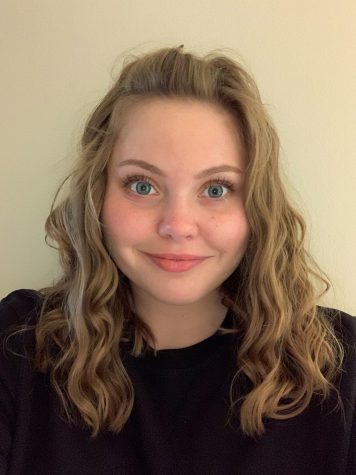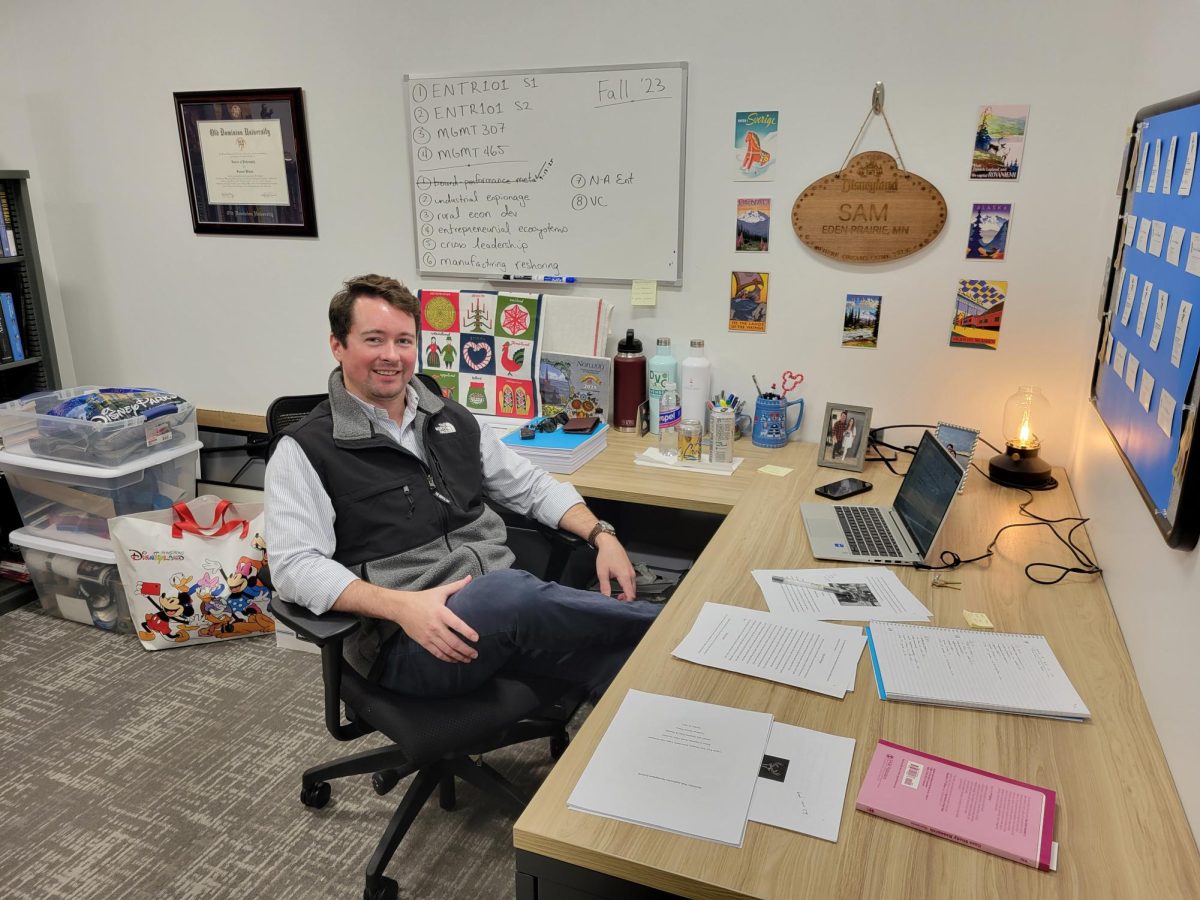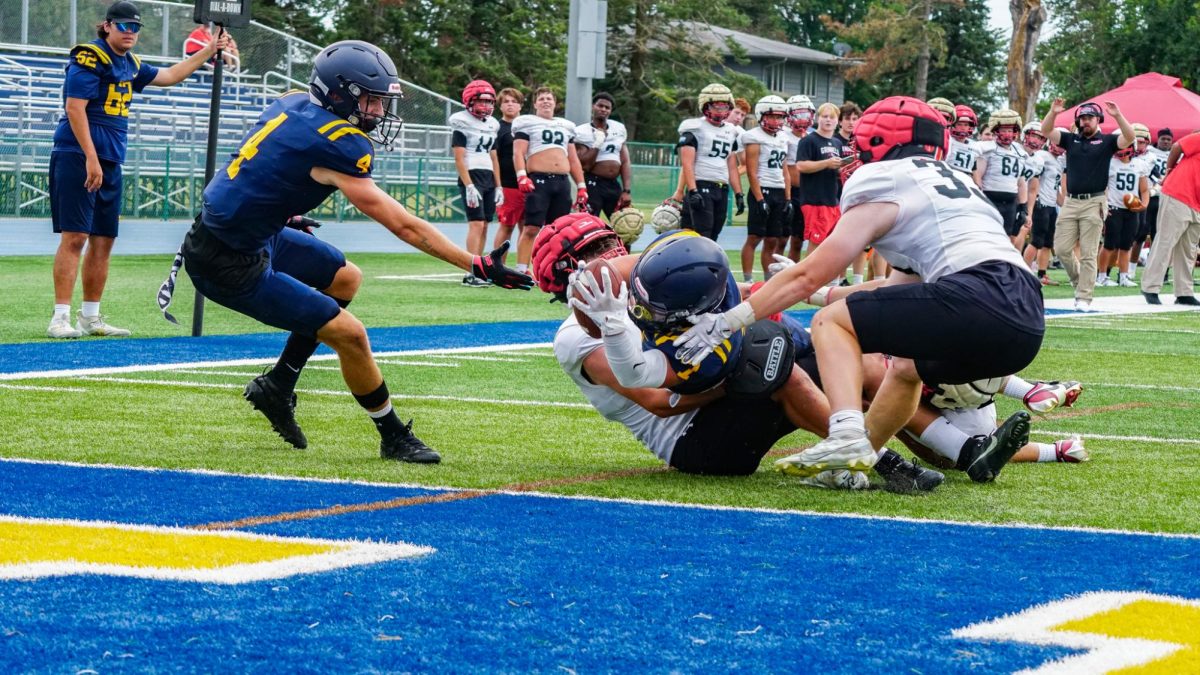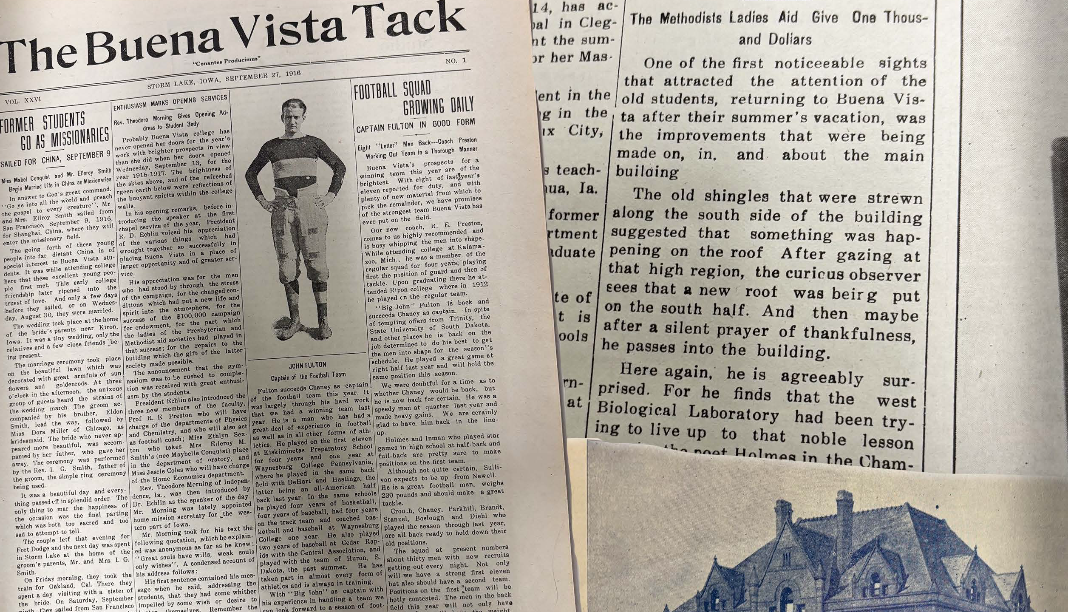MELT Couch Conversation: Don’t Dis My Disability
April 17, 2019
On Monday, April 15 at 8 pm, BVU’s Multicultural Engagement Leadership Team (MELT) hosted a couch conversation in the Pierce/White Skybox. There has been about one couch conversation every month this school year. This one was about physical disabilities.
“About 1 in five people have some form of disability in the United States. For today’s couch conversation, we are going to be focusing more on physical disabilities. A physical disability is a limitation on a person’s physical functioning, mobility, dexterity or stamina. Other forms of physical disabilities include impairments which limit other facets of daily living, such as respiratory disorder, blindness, deafness, epilepsy, and sleep disorders,” Victoria Hodge began the conversation, then dove into some questions.
While attendees were all very quiet, the questions that were asked made everyone who was there truly think before they spoke since the topic itself can sometimes be especially heavy. Victoria Hodge was in charge of asking questions and instigating conversation.
“I think they [the questions] were well directed, and they left it open to interpretation,” Matthew Marroquin, freshman English Language Arts Education major said.
Two of the questions asked were:
“What exactly does physical disability mean to you?”
“Do you feel that it is appropriate to ask someone directly about their disability-if so how and why?”
When the previous question was asked, everyone hesitated to answer. However, we all quickly learned an effective way to ask someone about a disability. An appropriate way to ask is by formulating the question in this manner: ‘I couldn’t help but notice _______ can you tell me the story behind it/ your story?’
Although this is an effective way to ask about this, the aspect remains that sometimes you shouldn’t ask. Asking often depends on how well you know the person, because sometimes a question such as that can seem intrusive.
“Intent—you can see when someone is rude about it [asking about a disability] or if they’re coming from a good place,” Marroquin said.
Another question that was asked was, “What are some ways that we can become better positive advocate[s] of people with disabilities?”
To answer that question, a few attendees came up with the unique idea to teach about different disabilities in school, to more or less normalize having a disability. The group agreed that when people who don’t understand a disability, asking a question or making an assumption that is wrong is a time to educate versus a time to be offended or upset.
The couch conversation ended with snacks, drinks, small talk, and each attendee having learned either something new or took on different perspectives. To anyone who has never been to a couch conversation, it is strongly recommended by BVU students to join MELT at their next event which will be announced in BVU News.
“We try to bring together a group of people and have everyone talk and discuss what their views are, but to also listen to other people and gain insight on what they believe and why they think the way they think. This specific couch conversation was to bring awareness about physical disabilities and what are ways that we can become better individuals towards people who has a disability, while also listening to other people talk about what they feel needs to be said about physical disabilities,” Hodge concluded.







